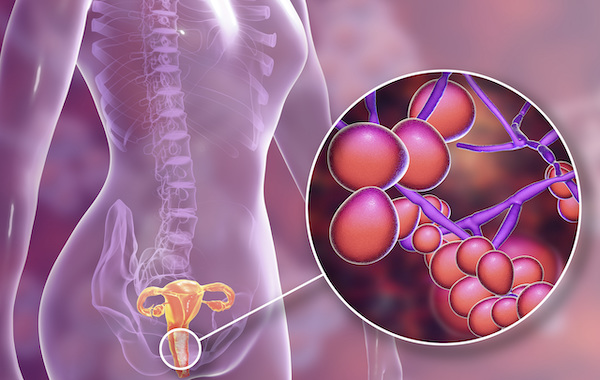
Yeast Infection in Pregnancy: A Comprehensive Guide
Yeast infections, also known as candidiasis, are a common occurrence during pregnancy. They are caused by an overgrowth of a type of fungus called Candida, which is normally present in small amounts in the vagina. During pregnancy, hormonal changes and an increase in vaginal discharge can create an environment that is more conducive to Candida growth.
Symptoms of Yeast Infection in Pregnancy
The symptoms of a yeast infection in pregnancy are similar to those experienced by non-pregnant women. They may include:
- Itching and burning in the vagina
- Vaginal discharge that is thick, white, and clumpy, resembling cottage cheese
- Pain or discomfort during intercourse
- Redness and swelling of the vagina and vulva
Causes of Yeast Infection in Pregnancy
Several factors can contribute to the development of a yeast infection during pregnancy, including:
- Hormonal changes: Pregnancy hormones, particularly estrogen, can stimulate the growth of Candida.
- Increased vaginal discharge: The increased vaginal discharge during pregnancy creates a moist environment that favors Candida growth.
- Weakened immune system: Pregnancy can temporarily weaken the immune system, making it more difficult to fight off Candida infections.
- Diabetes: Women with gestational diabetes have an increased risk of developing yeast infections.
- Antibiotics: Antibiotics can disrupt the balance of bacteria in the vagina, allowing Candida to overgrow.
Diagnosis of Yeast Infection in Pregnancy
Diagnosing a yeast infection in pregnancy is typically straightforward. Your doctor will ask about your symptoms and perform a pelvic exam. They may also take a sample of vaginal discharge to confirm the presence of Candida.
Treatment of Yeast Infection in Pregnancy
Yeast infections in pregnancy are typically treated with antifungal medications. These medications are available in various forms, including:
- Vaginal creams or suppositories: These are inserted directly into the vagina to deliver the medication to the source of the infection.
- Oral medications: These are taken by mouth and absorbed into the bloodstream, providing systemic treatment for the infection.
The specific medication and dosage will depend on the severity of the infection and your individual circumstances. It is important to complete the full course of treatment as prescribed by your doctor, even if your symptoms improve, to prevent the infection from recurring.
Complications of Yeast Infection in Pregnancy
Yeast infections in pregnancy are generally not serious, but they can be uncomfortable and may lead to complications if left untreated. These complications include:
- Preterm birth: Yeast infections have been linked to an increased risk of preterm birth, especially in women with recurrent infections.
- Low birth weight: Babies born to mothers with untreated yeast infections may have a slightly lower birth weight.
- Infection of the newborn: Candida can be transmitted to the baby during childbirth, causing oral thrush or diaper rash.
Prevention of Yeast Infection in Pregnancy
While it is not always possible to prevent yeast infections in pregnancy, there are some steps you can take to reduce your risk:
- Wear cotton underwear: Cotton is breathable and helps keep the vaginal area dry.
- Avoid tight-fitting clothing: Tight clothing can trap moisture and create a favorable environment for Candida growth.
- Practice good hygiene: Keep the vaginal area clean by washing with warm water and mild soap. Avoid using harsh soaps or douches.
- Change out of wet bathing suits and workout clothes promptly: Moisture can promote Candida growth.
- Limit sugary foods: Candida feeds on sugar, so limiting your intake can help prevent overgrowth.
- Maintain a healthy diet: Eating a healthy diet that is rich in fruits, vegetables, and whole grains can help support a healthy immune system.
- Get enough sleep: Sleep deprivation can weaken the immune system and make you more susceptible to infections.
- Manage stress: Stress can also weaken the immune system. Find healthy ways to manage stress, such as exercise, yoga, or meditation.
When to Call Your Doctor
If you experience any symptoms of a yeast infection during pregnancy, it is important to see your doctor promptly for evaluation and treatment. This is especially important if you have recurrent yeast infections or if your symptoms are severe.
Conclusion
Yeast infections are a common but manageable condition during pregnancy. By understanding the causes, symptoms, and treatment options, you can take steps to prevent and manage yeast infections and protect your health and the health of your baby.